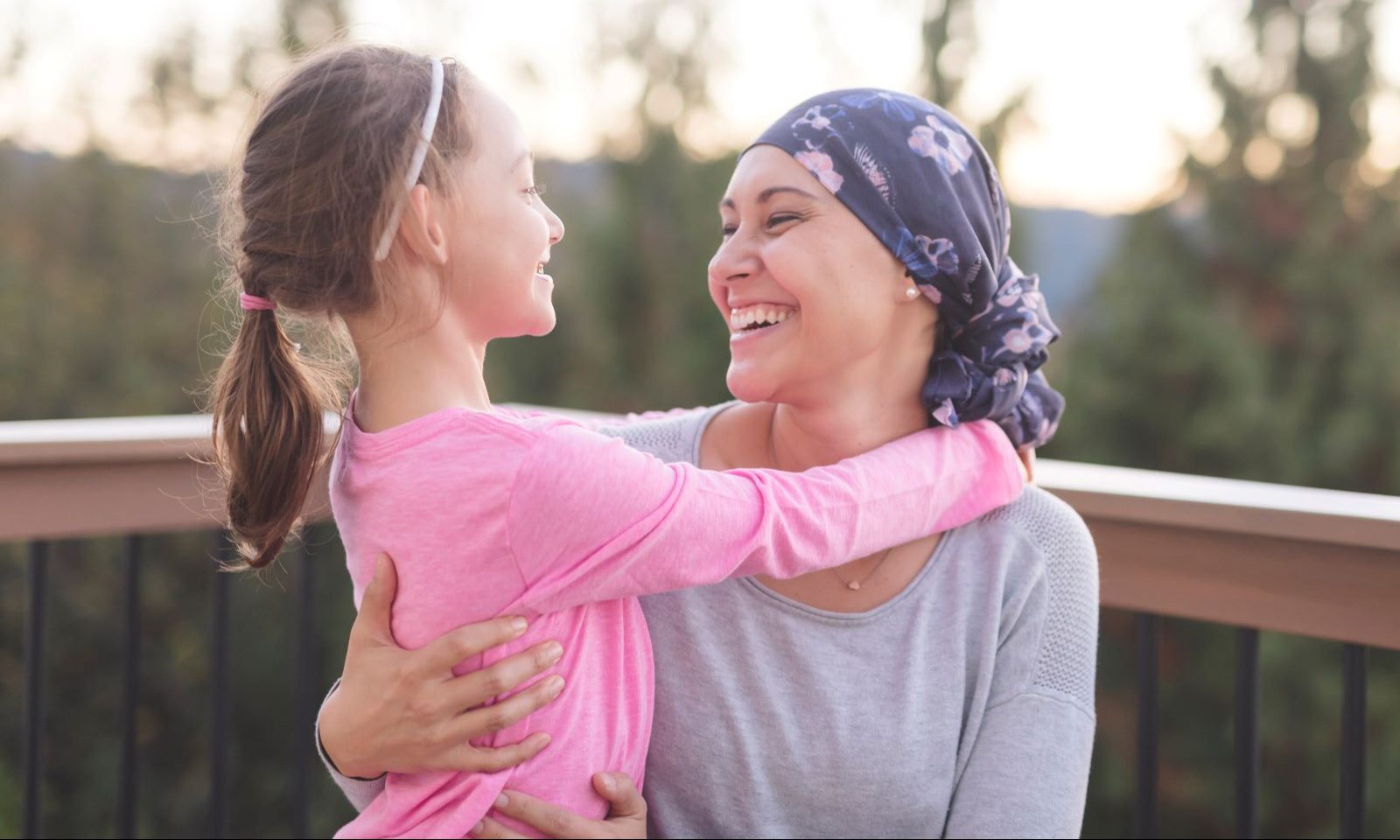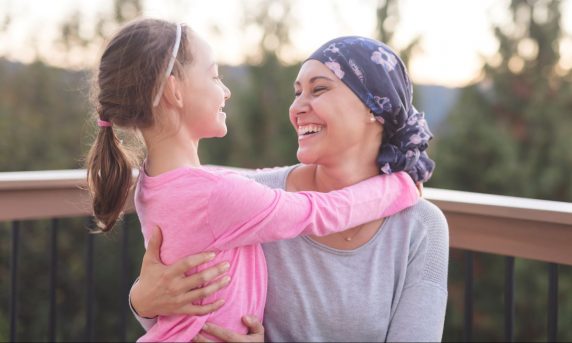By Andrew L. Salner, MD, FACR, FASTRO
Medical Director, Hartford HealthCare Cancer Institute at Hartford Hospital
The number of cancer survivors living in the United States continues to increase each year as a result of updated early-detection practices and treatment advances, as well as aging of the population. In 2019, an estimated 17 million Americans were cancer survivors. According to researchers at the American Cancer Society, that number is expected to increase to some 22 million by the year 2030.
The most common diagnoses for female survivors are:
- Breast cancer (44 percent).
- Uterine cancer (9 percent).
- Colon cancer (9 percent).
- Thyroid cancer (8 percent).
- Melanoma (8 percent).
The most common diagnoses amongst male survivors are:
- Prostate cancer (45 percent).
- Colon cancer (10 percent).
- Melanoma (8 percent).
- Bladder cancer (8 percent).
- Non-Hodgkins lymphoma (5 percent).
These numbers do not include the large number of patients who have experienced non-melanoma skin cancer (basal cell and squamous cell cancer) or non-invasive bladder cancer.
Of the 17 million survivors, over two-thirds were diagnosed and treated more than five years ago, and 18 percent have been surviving their disease for over 20 years. More than two-thirds of the survivors are age 65 or over, while 10 percent are younger than 50. Approximately 52 percent of survivors are female.
Cancer is a common disease – some 43 percent of us will receive the diagnosis during our lifetime. As early detection and treatment continue to improve, the number of survivors will grow each year. The overall five year survival rate from a cancer diagnosis has increased from 49 percent in 1975, to 63 percent in 1995, to close to 70 percent today. While we celebrate these milestones, we realize we still have much more work to do in developing new prevention strategies, screening techniques and therapies. In addition, we also understand that cancer survivorship has associated with it a complex set of issues that require attention on many fronts.
Enduring a cancer diagnosis and therapy not only affects patients physically, it can also impact them emotionally, socially and spiritually. From the physical perspective, treatment can commonly disrupt a patient’s quality of life due to short and long term side effects including fatigue, pain, sleep disturbance and functionality. Emotional and psychological wellbeing may be impacted by fear of recurrence, anxiety, depression, concentration and memory issues. Social wellbeing may be impaired due to impacts on relationships with others, and issues of intimacy and sexuality. Spirituality may be impacted by one’s enhanced hope and resilience – or the impairment thereof – due to despair.
Other challenges facing survivors include a slightly increased risk of second cancers, the importance of continued surveillance for the initial cancer diagnosis, and the possible presence of financial hardship as a result of the treatment journey, even when medical insurance is present, due to lost work opportunity and other associated costs.
Cancer survivors have an opportunity to help improve their quality of life and possibly reduce the risk of recurrence by adopting healthy behaviors such as:
- Quitting smoking or tobacco use.
- Exercising regularly for at least 150 minutes per week, spread across five or more days.
- Following a weight management program if obesity is present.
- Switching to a diet more plentiful in fresh vegetables, fruit and whole grains with less focus on carbohydrates, red meat and fats.
- Following regular cancer screenings as suggested by the care team.
- Using protective skin cream to reduce sun and ultraviolet light exposure.
Hartford HealthCare providers monitor patients for late effects of treatment, and suggest strategies to help cope with a wide array of these survivorship issues. In addition, specific resources are available to help patients overcome these obstacles. For example, a survivorship APRN helps patients by presenting a survivorship care plan designed to present a personalized list of potential issues for patients who so desire. Psychologists and social workers provide counseling to help patients deal with the emotional impact of the experience.
Other resources available include dietary counseling, smoking cessation and integrative medicine strategies such as massage therapy, yoga, acupuncture and Reiki, all designed to help deal with some of the physical and emotional effects of therapy. Your oncology team can help make the referrals for these services as needed.
Articles in our monthly newsletter will provide more detailed information as we dive into survivorship issues related to each type of cancer diagnosis and intervention. At the Hartford HealthCare Cancer Institute, we are committed to your long term wellness.



